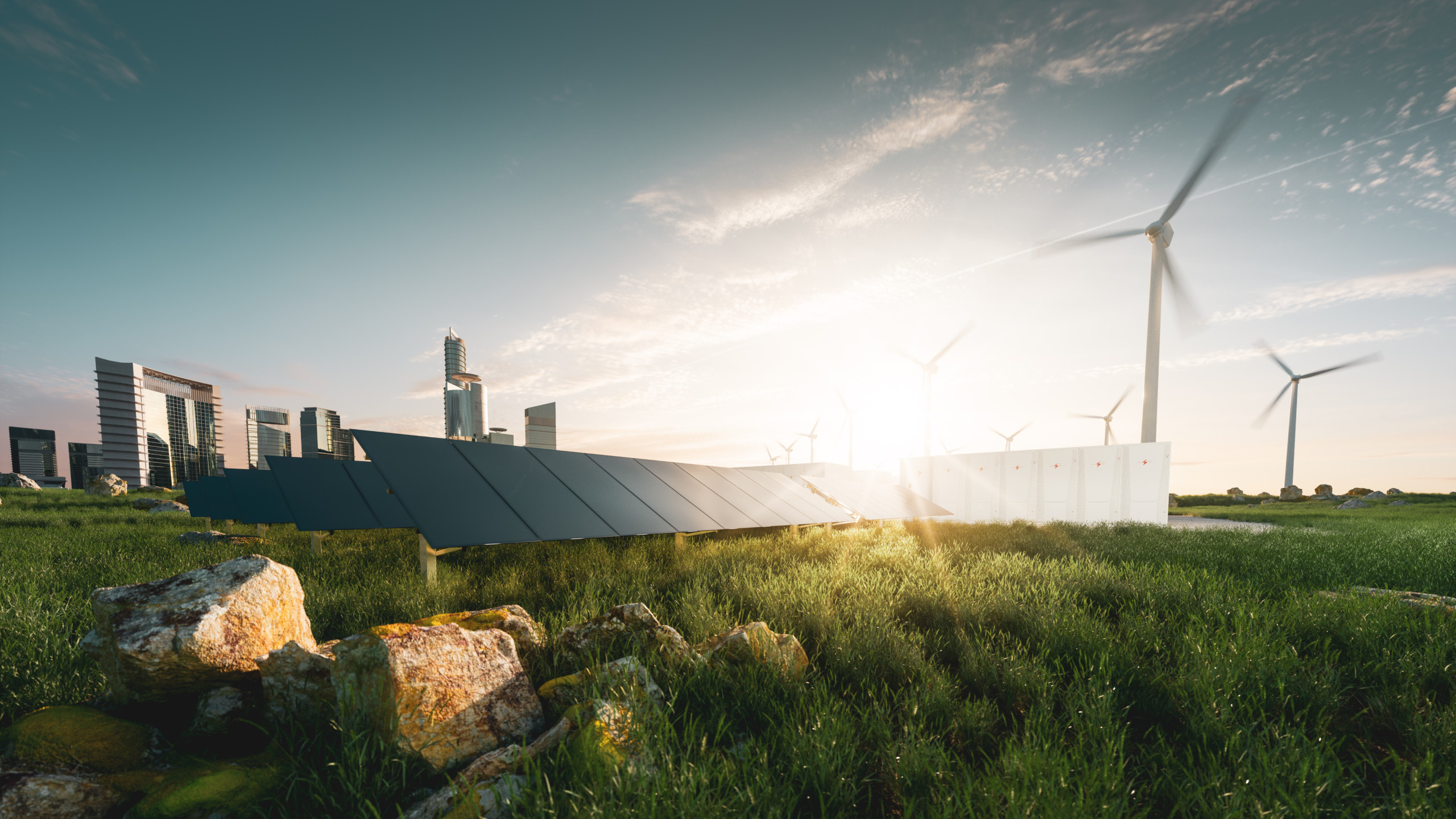About the programme
This three-day intensive course connects European energy policy with real-world system design. You’ll explore how the EU’s post-2022 framework for integrated energy systems, from the electricity market design reform and hydrogen legislation to the Grids Action Plan, RED III, and the Energy Efficiency Directive, reshapes investment, flexibility, and infrastructure planning across the energy value chain.
Together with experts from academia, policy and industry, you’ll discover how power, gas, heat and mobility systems interact, how sector coupling and flexibility options bridge mismatches in time, place and function, and how digitalisation and behavioural insights can accelerate smart, accepted solutions.
The programme also addresses industrial resilience and circularity, exploring how the Net Zero Industry Act and Critical Raw Materials Act link technology, supply chains, and sustainability. Hands-on sessions using the Energy Transition Model and the Offshore Energy Game allow you to test system-level choices and trade-offs in practice.
Download the brochure to find more information about the programme.
After this course, you will be able to:
- Understand how recent EU reforms drive energy system integration and impact national and corporate strategies.
- Evaluate the implications of the 2024 market design and hydrogen legislation for investment, risk and consumer engagement.
- Identify and model flexibility solutions, including demand response, storage, hybrid systems and digitalisation.
- Analyse the evolving role of DSOs, multi-energy hubs and local systems under the EU Grids Action Plan.
- Apply RED III, the recast EED and REPowerEU to accelerate project delivery and energy efficiency.
- Integrate industrial-policy and circular-system thinking through the NZIA and CRMA frameworks.
- Use serious gaming and modelling tools to design balanced, techno-economic and socially accepted energy systems.
What’s included in the Intensive Course System Integration
As part of this course, you’ll receive one year of access to all learning materials via our dedicated Online Learning Platform, ideal for revisiting key insights whenever it suits you. Upon completion, you’ll receive a digital certificate of participation, which you can easily add to your LinkedIn profile.
The programme includes a relaxed and engaging evening programme: enjoy a three-course dinner followed by a guided city walk through Utrecht, an opportunity to connect informally with fellow participants and discover the city in a new light. During the course, you’ll also work hands-on with the Energy Transition Model and take part in the Offshore Energy Game, a serious gaming exercise designed to explore system-level challenges and solutions.
Accommodation is not included, but our event managers are happy to assist with suitable hotel recommendations. A dedicated event manager will be on-site throughout the course to ensure everything runs smoothly and to support you with any questions or practical needs.

